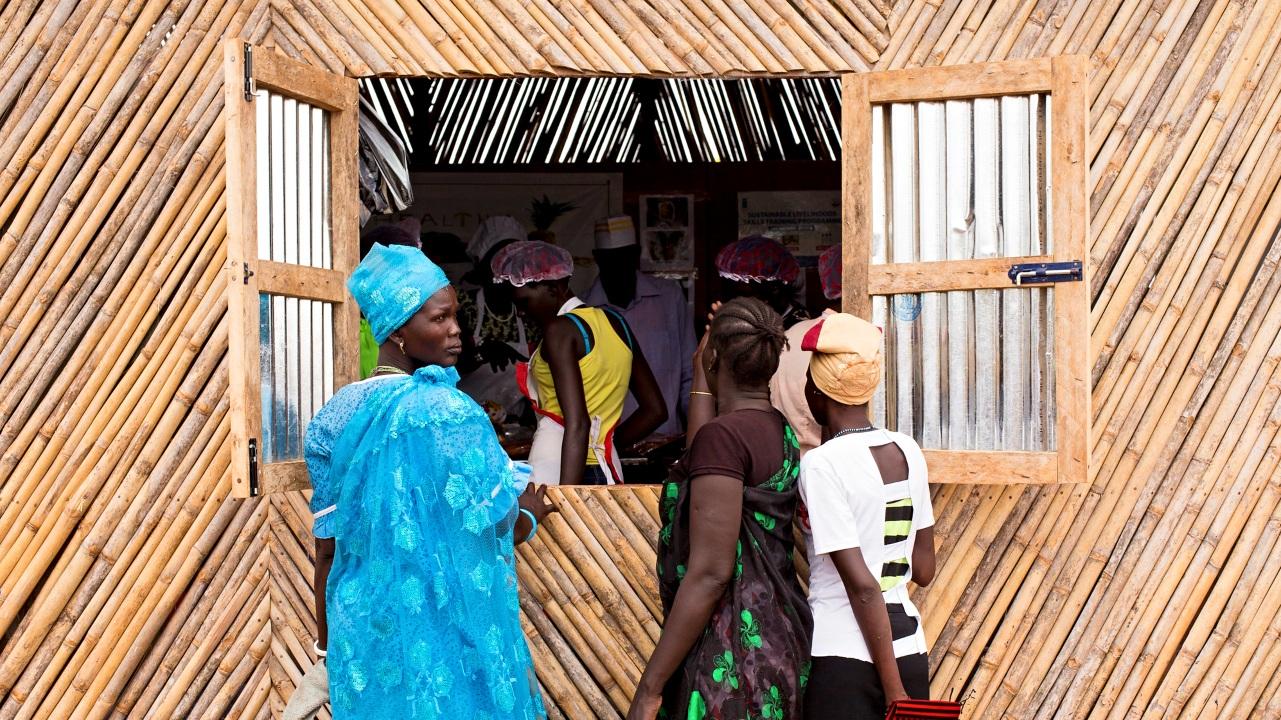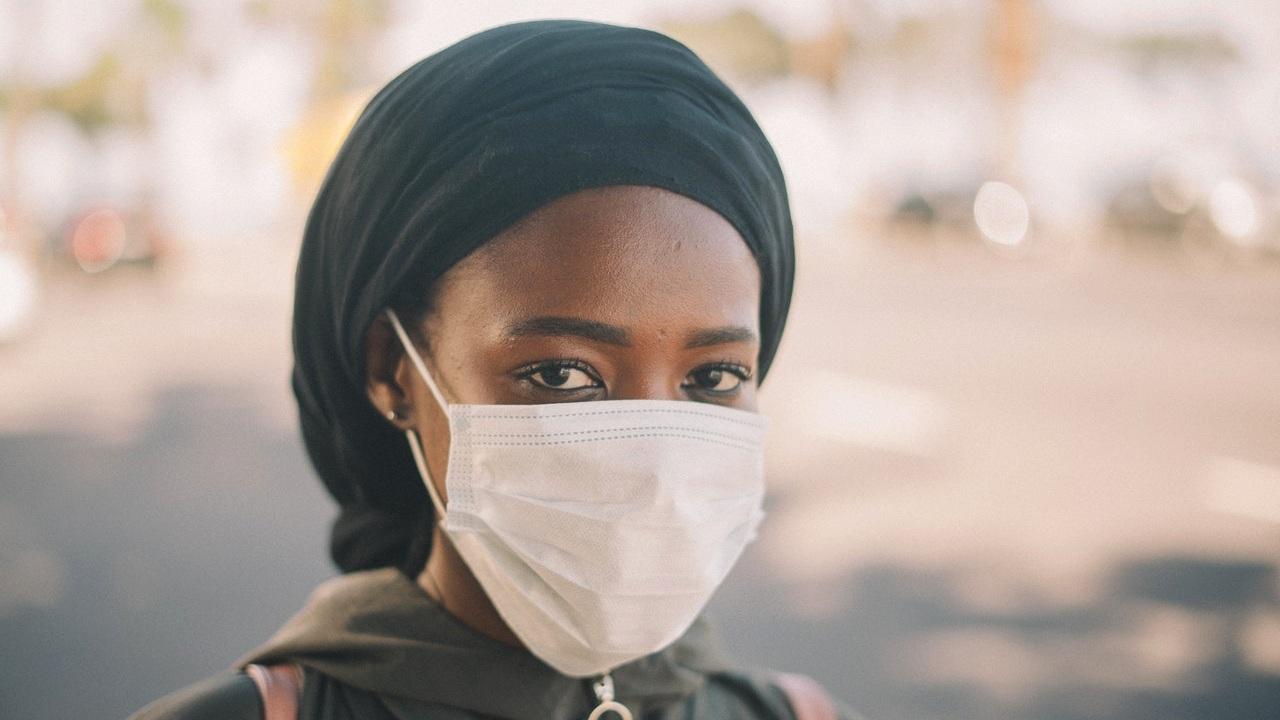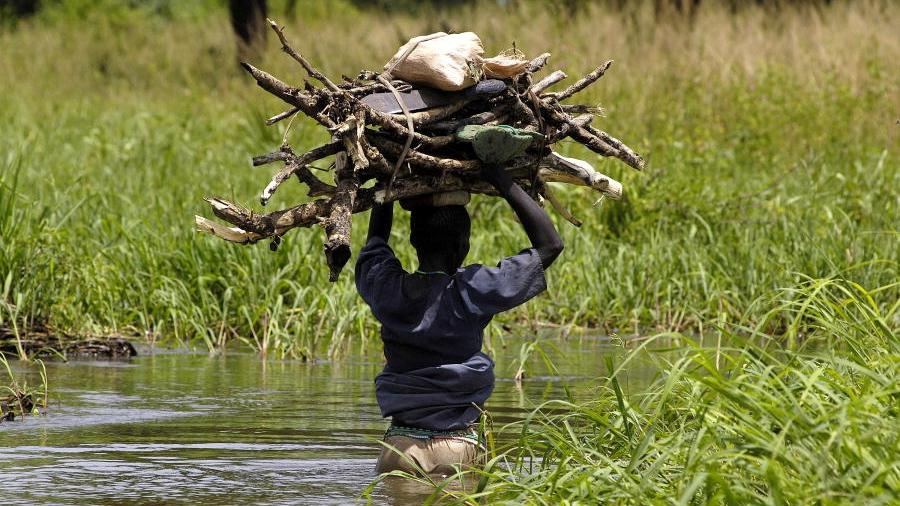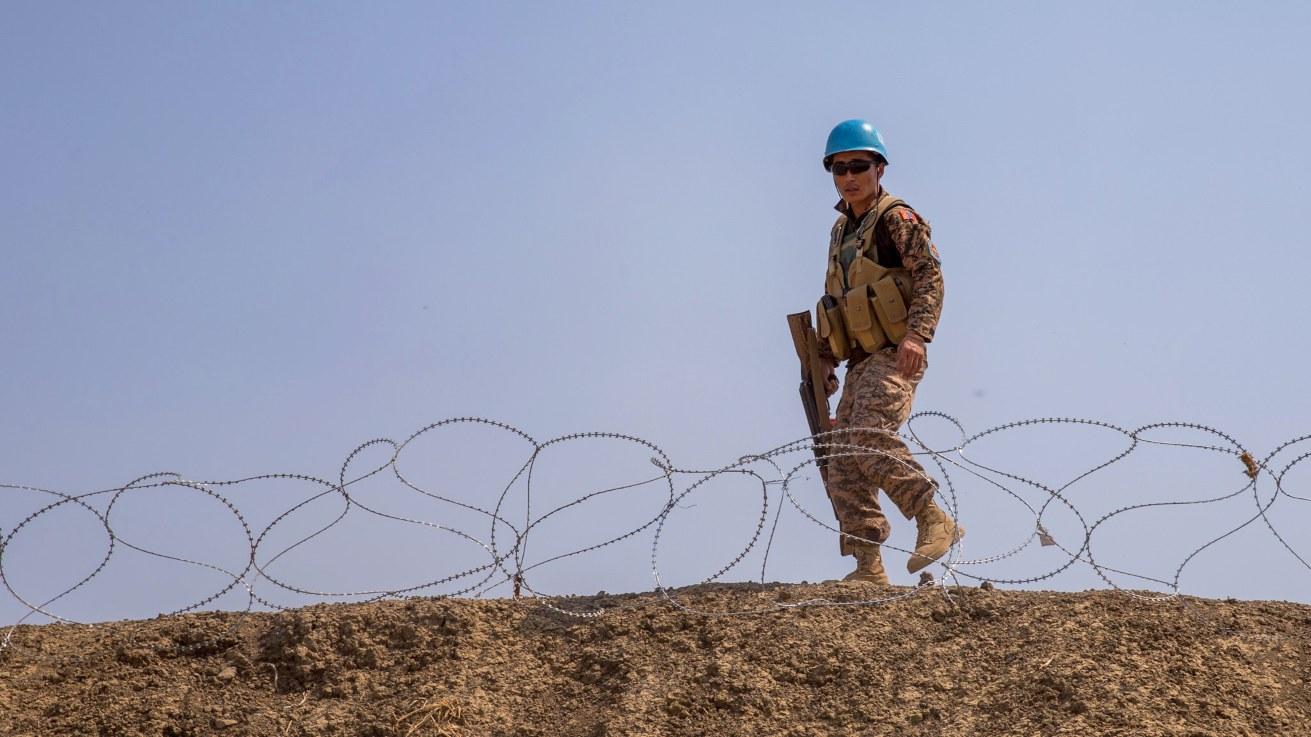When Latjor Dang’s South Sudanese NGO base was attacked in April 2022, he had a warehouse full of over two thousand cartons of high-calorie food. Although his team fled to the swamps and went without eating for days, they did not take the supplies. The reason why highlights the risks of working for national NGOs in humanitarian contexts compared to international organisations.
This article is based on research at the Safety of Strangers project at the LSE Firoz Lalji Institute for Africa.
They had nearly attacked a couple of weeks before. There had been fighting in a neighbouring county and there were rumours that forces would now advance south into the area where we stayed.
As well as being a part-time researcher on the Safety of Strangers project at LSE, I also work for the South Sudanese NGO “Nile Hope” at their base in Tochriak, Ler County, Unity State. They built this base in 2017 to provide humanitarian support to tens of thousands of people displaced by armed conflict and facing famine. Tochriak is an island of high land in a swampy area from which, over the previous seven years, people had fled for safety during fighting around the nearby town of Ler, with services and food hard to find. I lived in our NGO’s compound with other South Sudanese Nile Hope staff.
Even though this area of displaced people was largely civilian, in March 2022 we started to fear an attack. One night, we stayed up all night, bags packed, ready to flee at any moment. But that night they never came.
It was two weeks later, on 8 April 2022, that the armed forces eventually did attack, killing dozens of civilians and causing thousands to flee. Our misplaced fear the weeks before made us too confident this time. We heard rumours of them coming which we did not really believe. It was only when we saw houses burning just a kilometre away that we knew an attack on Tochriak was imminent. I grabbed my computer and my phone. There was no space or time to carry clothes or organise files. I buried the computer modem to hide it from the attackers and in case we could return to find it.
I ran outside to the stores – a rub hall tented warehouse – where we kept our supplies from the World Food Programme and United Nations Children’s Fund (UNICEF). These thousands of cartons of food were intended for acutely malnourished children. As well as chlorine tablets and piles of plastic tables and chairs, there were 659 cartons of ready-to-use supplementary food, 1,000 cartons of corn soya blend plus and 320 cartons of ready-to-use therapeutic food: Plumpy’Nut. I oversaw logistics, and I knew the items one-by-one.
I left the Plumpy’Nut in the compound because I feared the community response
In 2018, when our base had previously been attacked, they had slashed through the material of our rub hall to access the food. This time I decided to leave the rub hall open with the hope that they would use the door. With fighting getting closer, it was inevitable that our compound would be looted. It always is.
I knew all the Plumpy’Nut would be stolen and that it would be eaten by everyone, not just the intended, malnourished children. I did not blame them; everyone was hungry. All of us were close to famine-levels of hunger. But despite the inevitably of being looted, I did not pick even one bar to put in my bag. Plumpy’Nut is intended to provide emergency support for severe acute malnutrition.
After we fled from our compound, we started a five-day trial through swamps, hiding beneath the water among the papyrus. We were chased by the attackers; they had heard that there was a Nile Hope team who they suspected to have money. Occasionally we made it to islands of dry land to rest and sleep.
Food was scarce. One day we managed to find a man who had a few biscuits to sell. Other days we ate the roots of waterlilies. My colleagues did not know how to do this, so I showed them how to harvest them until they felt less dizzy and hopeless. However, I never regretted not taking the Plumpy’Nut.
Saving strangers versus saving ourselves
As humanitarians, we are apparently guided by a moral imperative to, in Wheelers’ words, ”save strangers”. We are there to help others. At the same time, as humanitarians, we also need to stay safe. De Waal has written about how keeping staff safe in South Sudan could contradict the mandate of saving strangers and results in humanitarians being unpleasant and harmful to them. For international NGOs (INGOs) this seems to ring true.
However, staying safe as a national humanitarian involves a different entanglement of saving strangers and saving ourselves. Unlike INGOs, we are often more reliant on communities than international structures and support networks to keep safe. As South Sudanese NGOs, our work is also often more dangerous. In South Sudan, UN agencies and INGOs rely on South Sudanese NGOs to deliver aid to some of the most risky and remote locations. Risks for South Sudanese NGO workers are further increased as they are the most approachable by communities and authorities, and they often end up being held accountable locally for inconsistencies and shifts in funders’ policies.
I left the Plumpy’Nut in the compound because I feared the community response. I knew if I was seen taking or eating these supplies, people in the community would accuse me of taking food meant for them. I did not fear the World Food Programme, UNICEF or our other funders; they were far away in Juba, safely drinking beer, having no sight over the destiny of our supplies. Yet, if the community saw me eating from the cartons, I would be accused. And for my safety, I rely on them totally.
The community, in the end, did help keep us safe. For example, as we fled, we reached a deeper swamp, with water up to our waste. It was going to be hard to cross with our heavy bags of the NGO’s electronics. One female member of staff with us had never walked through a swamp before and was afraid. A lady that none of us knew by name handed us a brand-new, folded plastic sheet. All around us people were using the plastic sheets to make small rafts by tying each corner. We copied their raft making, on which we put our bags and colleagues to push through the swamp. The community saved us; they knew us as Nile Hope staff.
Yet, our proximity to the community does not always lead to useful accountability relationships. The community can be confused about what we can and cannot do. When our funders change their policies, we are the ones who face the response of confused and worried communities. We can be blamed and face their anger.
Five days later we reached a place of safety. We had not eaten all that time. Weeks later my stomach troubles continued. But leaving the food behind was still the right decision.
Photo: WFP Delivers Food to North Darfur IDP Camps. Credit: UN Photo/Albert González Farran. Licensed under CC BY-NC-ND 2.0.






It’s a pity what South Sudanese NGOs go through every day. I work for a church based organization and this is true. An international NGO funding our project stays far and we face the community with harsh environment. Everything is counted on us. We are accountable to the community.
Indeed Jacob Dior, the communities accounts on those who are close to them especially the national NGOs. Localization of funding is right in an emergency context because the national and local NGOs penetrate the aids into hard to reach area of the communities.